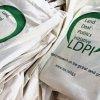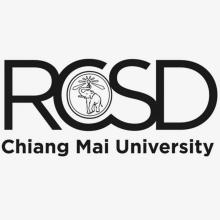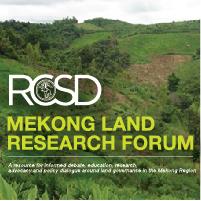Resource information
In Laos land concessions have increased dramatically over the last decade. To provide a window into the concessions landscape, we conducted a nationwide inventory between 2007 and 2011. In response to an order by the Lao Government to its ministries, we developed a methodology to update the inventory and complement existing data with a systematic assessment of investment quality in 2014. We investigated aspects of compliance as well as impacts on livelihoods and the environment. In this paper we present insights into the landscape of land concessions in Laos from the first national inventory and an overview of the approach to update and enhance it. We then present results from the first two provinces assessed - Luang Prabang and Xiengkhouang – through the second baseline study. Nearly 90% of the total area granted to investors in these two provinces was granted to foreign investors. There are many domestic concessions, but these are generally small in size. Household income and employment were the most common positive impacts as perceived by affected villagers, while the lack of land for farming and rising social conflicts were the most common negative impacts. FPIC was widely conducted in the agricultural and mining sector; it is completely missing in the tree plantations sector so far.






